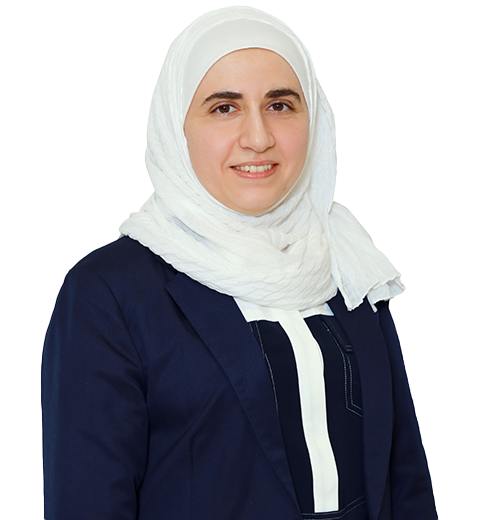Autism is a developmental disorder that appears in the first three years of life and affects the brain’s everyday social and communication skills development. People with Autism have difficulties with social, emotional, and communication skills. They might repeat certain behaviors and not want to change their daily activities.
Causes & Risk Factors
A wide variety of factors can cause Autism Spectrum Disorder. Unfortunately, there is no known cause for Autism, so it is difficult to say exactly what causes the condition in any one person. However, many experts believe that certain risk factors can contribute to developing Autism. Some of these risk factors include:
- Certain genetic or chromosomal conditions
- Problems during pregnancy, such as exposure to environmental toxins
- Infections the mother contracts during pregnancy
- Complications during birth, such as oxygen deprivation to the baby’s brain
- Exposure to toxins such as lead after birth
Signs & Symptoms
Autism Spectrum Disorder (ASD) can be hard to spot in toddlers. Since it’s a developmental condition, many people aren’t diagnosed until they are older. Here are some common signs and symptoms of the condition:
- Problems with social interaction
- Lack of eye contact or reduced interest in other people
- No response to their name being called
- Difficulty interpreting other people’s emotions and reactions (e.g., not understanding that a tearful face means sadness)
- Difficulty expressing their own emotions
- Not wanting to cuddle or be cuddled.
- A preference for being alone
- Repetitive behaviors or narrow, obsessive interests
- Repeating words or phrases over and over (echolalia)
- Getting upset by minor changes in routine or surroundings
- Performing repetitive body movements, such as flapping their hands, rocking from side to side, or flicking their fingers
- Inability to understand other people’s feelings
Diagnosis & Tests
If you think your child may be experiencing Autism, talk to a Pediatrician. The doctor will likely ask a series of questions called the Modified Checklist for Autism in Toddlers (M-CHAT). It’s designed to screen infants and toddlers between 16 and 30 months old for possible red flags of Autism. If your child is older than 30 months, or if the doctor or a specialist is concerned about Autism based on what you’ve told them, your child may have further testing. This can include:
- The Childhood Autism Rating Scale (CARS) to determine the severity of your child’s symptoms
- The Gilliam Autism Rating Scale (GARS) is often used with children between 3 and 22 years old
- An intelligence quotient (IQ) test – This is used to assess the child’s intellectual ability
- A lead screening test – This is done to rule out other causes of developmental delays and behavioral problems
Complications & Comorbidities
Complications and comorbidities of Autism are conditions that commonly and frequently occur in people with an autism spectrum disorder. Some of the most common comorbid and complicating conditions include difficulties with motor skills, seizures and epilepsy, gastrointestinal disorders, sleep disturbances, eating disorders, sensory integration issues, and problems with mood or mental health. Many of these conditions can cause additional challenges for a person with ASD and require different treatments.
Prevention
The best way to prevent Autism Spectrum Disorder (ASD) is to get good prenatal care and a healthy lifestyle. Taking care of your health during pregnancy can increase the chances of having a healthy baby. Get information about choosing an Obstetrician and Gynecologist and developing a relationship with them as soon as you think you are pregnant. The best way to protect yourself and your baby is to follow the advice on prenatal care.
Management of Autism
We want you to get the most out of life. Our autism management sets you up with the tools you need to thrive in the classroom, at work, and at home. Whether your child is newly diagnosed or living with the conditions for years, we’ve got the expertise and experience to help you understand what it means to live with Autism and how to put that understanding into practice. Our process begins with a thorough assessment of your current situation. Once we have a clear picture of what needs improvement, we build a custom treatment plan using our decades of experience treating Autism Spectrum Disorders (ASDs). These plans are designed for maximum effectiveness and maximum accessibility.
Having the right information about Autism can help you manage it better. If you think your child might have Autism Spectrum Disorder (ASD), ask your doctor to screen them for ASD during regular well-child visits. You can also talk about any concerns you have about behavior and development with your child’s school nurse, teacher, or a Developmental and Behavioral expert who regularly works with children.






















































